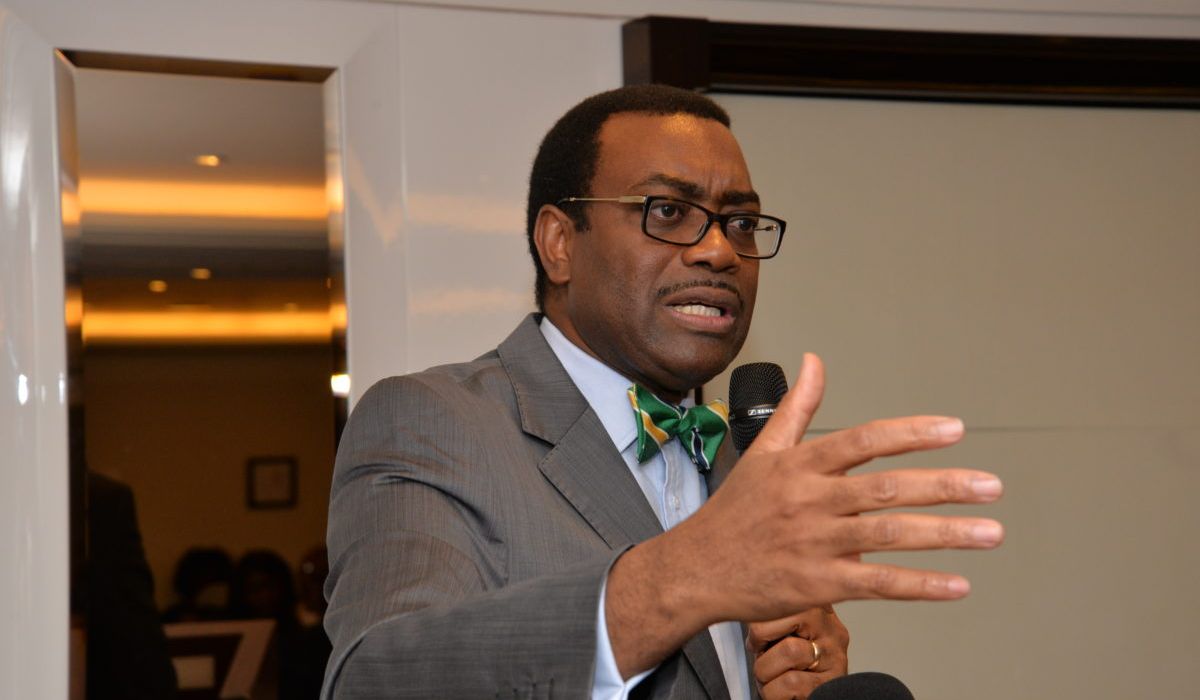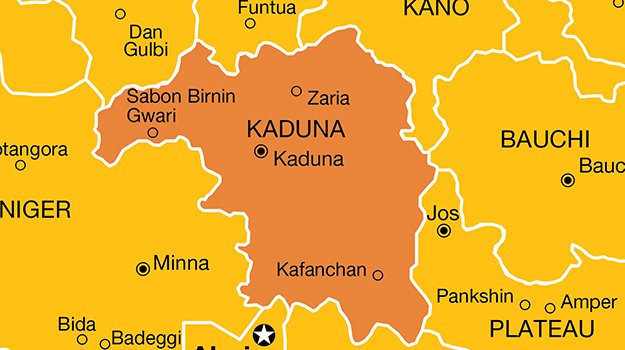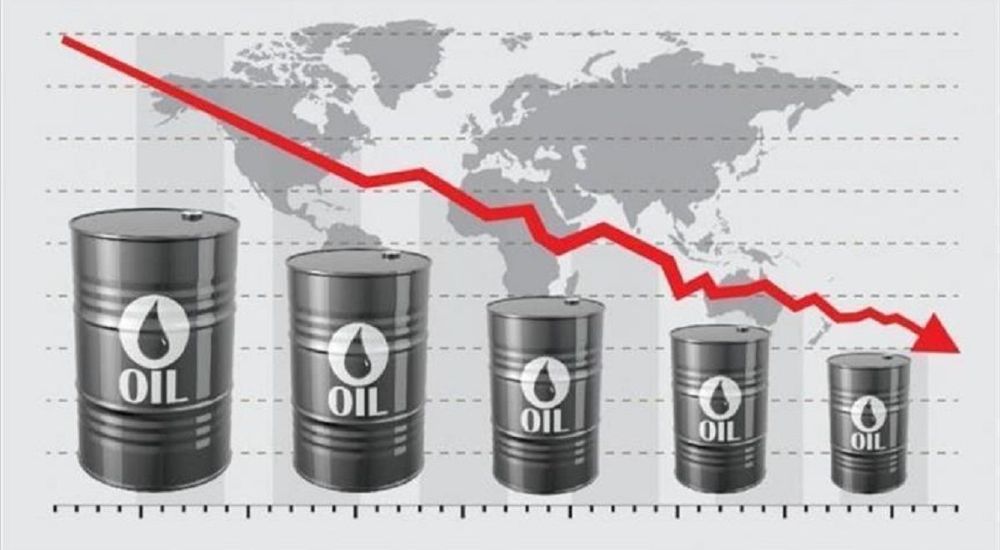Presidency Refutes Adesina’s Claims on Economic Decline, Citing Inaccurate Data

The Presidency has strongly rejected claims made by outgoing African Development Bank (AfDB) President Akinwumi Adesina that Nigerians are economically worse off today than they were at independence in 1960.
In a post on X, Bayo Onanuga, Special Adviser to the President on Information and Strategy, challenged both the accuracy of Adesina’s figures and the conclusions drawn from them.
“According to available data, our country’s GDP was $4.2 billion in 1960, and per capita income for a population of 44.9 million was $93—ninety-three, not even one hundred dollars,” Onanuga stated, refuting Adesina’s claim that Nigeria’s GDP per capita in 1960 was $1,847 compared to $824 today.
The presidential adviser presented historical economic data showing Nigeria’s economic growth trajectory since independence, noting that “GDP did not rise remarkably until the 1970s, when crude earnings ballooned,” reaching $164 billion by 1981.
Onanuga argued that GDP per capita alone is insufficient to measure living standards and economic well-being.
“GDP per capita is not the only criterion used to determine whether people live better lives now than in the past. Indeed, it is a poor tool for assessing living standards,” he explained. “It neither discloses wealth distribution nor income inequality, nor does it account for the informal economy, which experts have said is enormous.”
The presidential aide pointed to significant improvements in infrastructure and services since independence as better indicators of progress.
Nigeria today has more primary, secondary, and tertiary schools compared with 1960. We have more road networks and more medical facilities, both private and public,” Onanuga stated.
He highlighted telecommunications as a particularly telling example of development. “At independence, we had 18,724 operational phone lines for a population of about 45 million. Over 200 million Nigerians now enjoy near-universal access to mobile phones and digital services, indicating we are better off today than 65 years ago.”
Citing MTN’s recent quarterly results showing revenue of ₦1 trillion and 84 million subscribers, Onanuga questioned, “Does this MTN experience correlate with a country worse off than in 1960, when we had analogue telephones and the number of lines was fewer than 20,000?”
The government spokesperson concluded by asserting, “No objective observer can claim that Nigeria has not made progress since 1960. Today, as we await the NBS’s recalibration of our GDP, we can comfortably say without contradiction that it is at least 50 times, if not 100 times, more than it was at independence.”
The dispute highlights ongoing debates about economic metrics and how best to measure national progress and development in Africa’s most populous nation.



